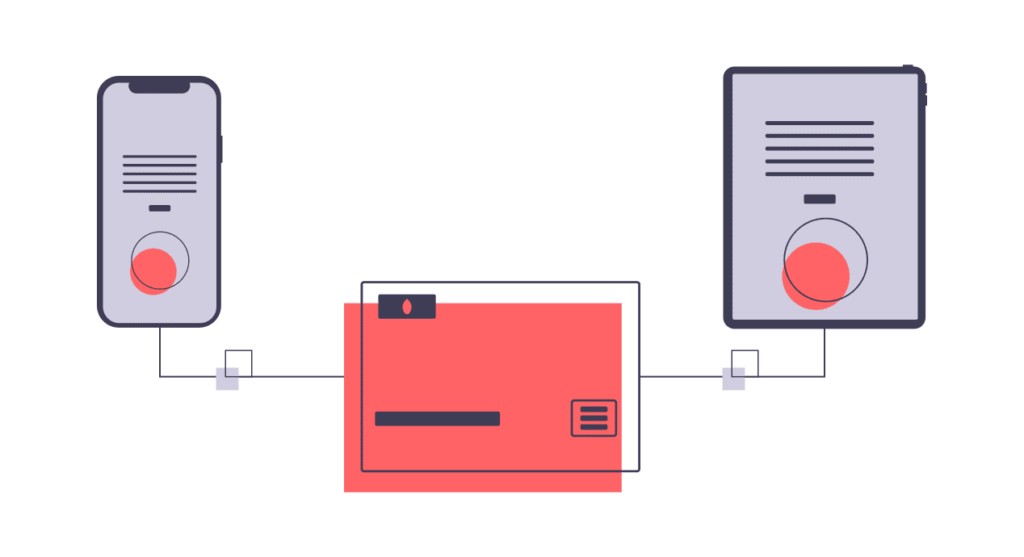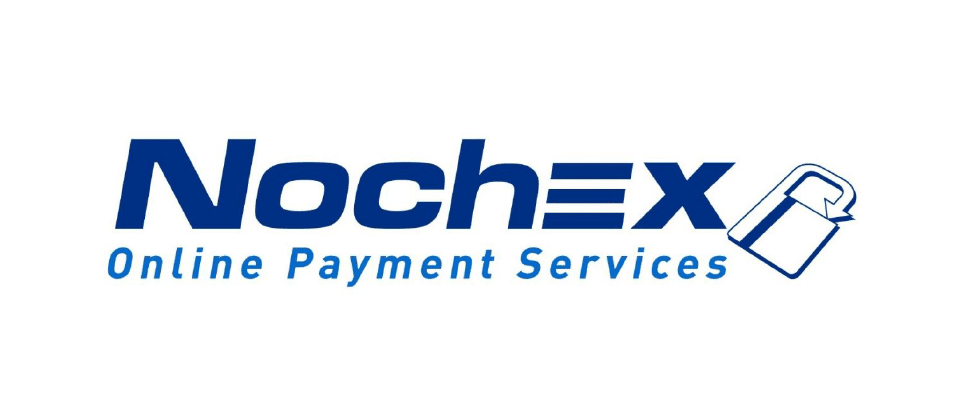
Introduction
In today’s digital age, online transactions are becoming increasingly popular. Whether it’s shopping online, paying bills, or subscribing to services, the use of payment gateways has become an essential part of our daily routine. But what exactly is a payment gateway, and how does it work? This blog post aims to answer these questions and more.
Functioning of Payment Gateway
A payment gateway is a software application that allows businesses to accept online payments from customers. It acts as an intermediary between the customer’s bank and the merchant’s bank, authorizing and processing the transaction. When a customer submits their payment information on a website, the payment gateway encrypts the data and sends it to the payment processor for validation. Once the payment is approved, the payment gateway sends a confirmation message to the website, and the transaction is complete.
Advantages
Using a payment gateway has several advantages. Firstly, it offers a secure and convenient way to pay for goods and services online. Payment gateways use encryption technology to protect the customer’s sensitive information, ensuring that their data is not compromised. Secondly, payment gateways are fast and efficient, processing transactions in real-time, and reducing the time it takes for the merchant to receive payment. Finally, payment gateways can process multiple payment methods, including credit and debit cards, e-wallets, and bank transfers, offering customers a wide range of options to pay for their purchases.
Types of Payment Gateway
There are two main types of payment gateways: hosted and integrated. Hosted payment gateways redirect the customer to a third-party payment page to complete the transaction. This type of payment gateway is easier to set up and requires less technical expertise. Integrated payment gateways, on the other hand, allow customers to complete the transaction on the merchant’s website, providing a seamless checkout experience. This type of payment gateway is more complex to set up and requires more technical expertise.
Security Features
Security is a top priority for payment gateways. To protect against fraud, payment gateways use several security features, including two-factor authentication, fraud detection algorithms, and encryption technology. Additionally, payment gateways comply with industry standards such as the Payment Card Industry Data Security Standard (PCI DSS), which sets the security requirements for payment processors.
Fees and Monetization
Payment gateways charge fees for their services, including transaction fees, monthly fees, and setup fees. The fees vary depending on the payment gateway provider and the type of payment method used. They providers make money by charging these fees, as well as through value-added services such as fraud prevention and chargeback management.
Limitations and Solutions
While payment gateways offer several advantages, they also have limitations. One of the main limitations is the risk of fraud and chargebacks, which can result in financial losses for the merchant. To overcome this limitation, payment gateways offer fraud detection and chargeback management services. Another limitation is the lack of support for certain payment methods, such as cryptocurrency. To address this limitation, payment gateways are exploring the use of blockchain technology to support cryptocurrency payments.
Integration and Payment Methods
Payment gateways can integrate with e-commerce platforms such as Shopify, WooCommerce, and Magento, making it easier for merchants to accept online payments. Payment gateways support multiple payment methods, including credit and debit cards, e-wallets, and bank transfers, offering customers a wide range of options to pay for their purchases. Some payment gateways also support alternative payment methods such as mobile payments and Buy Now Pay Later (BNPL) options.
Recurring Payments and Legal Requirements
Payment gateways can also support recurring payments and subscriptions, allowing merchants to automatically charge customers on a regular basis. However, merchants must comply with legal and regulatory requirements when using payment gateways. These requirements include data protection laws, anti-money laundering regulations, and consumer protection laws.
Customer Support and Dispute Handling
Payment gateways offer customer support options such as phone, email, and chat support to help merchants with any issues they may have. Payment gateways also provide dispute handling services, assisting merchants with chargebacks and disputes.
Conclusion
In conclusion, payment gateways are an essential part of the online payment ecosystem, offering a secure, fast, and convenient way to pay for goods and services. While payment gateways have several advantages, they also have limitations, and merchants must carefully consider their options when selecting a payment gateway provider. As the payment gateway industry continues to evolve, merchants must stay up-to-date with the latest trends and developments to remain competitive in the market.
Frequently Asked Questions
What is a payment gateway and how does it work?
A payment gateway is a technology that facilitates online transactions by connecting merchants (sellers) and customers (buyers) during the payment process. It allows customers to securely enter their payment information and authorizes the transaction with the issuing bank.
How secure are payment gateways and what measures are taken to ensure data protection?
Payment gateways are generally secure and use encryption technology to protect sensitive data such as credit card numbers. They also adhere to strict compliance standards such as PCI DSS (Payment Card Industry Data Security Standard) to ensure data protection.
What are the key factors to consider when choosing a payment gateway for your business?
Some key factors to consider when choosing a payment gateway include fees, supported payment methods, security, ease of integration, and customer support.
How do payment gateways integrate with e-commerce platforms and websites?
Payment gateways can integrate with e-commerce platforms and websites through APIs (Application Programming Interfaces) or plugins that allow merchants to embed the payment gateway into their website or shopping cart.
What are the benefits of using a payment gateway as opposed to traditional payment methods?
Payment gateways offer several benefits such as increased security, faster transaction processing, and the ability to accept multiple payment methods.
What are the fees associated with using a payment gateway?
Fees associated with using a payment gateway can vary depending on the provider and the transaction volume. Common fees include transaction fees, monthly fees, and chargeback fees.
Can payment gateways be used for international transactions and what are the considerations for cross-border payments?
Payment gateways can be used for international transactions, but there are additional considerations such as currency conversion, language support, and compliance with local regulations.
How do payment gateways help prevent fraud and chargebacks?
Payment gateways help prevent fraud and chargebacks through various measures such as 3D Secure authentication, fraud detection algorithms, and chargeback management tools.
What are the different types of payment gateways available?
There are different types of payment gateways available such as hosted payment gateways, self-hosted payment gateways, and integrated payment gateways.
What are the future trends in payment gateways and how are they evolving to meet the changing needs of businesses and consumers?
Future trends in payment gateways include the adoption of mobile payments, biometric authentication, and the use of blockchain technology for secure and efficient transactions. Payment gateways are evolving to meet the changing needs of businesses and consumers by offering more flexibility, security, and convenience.














